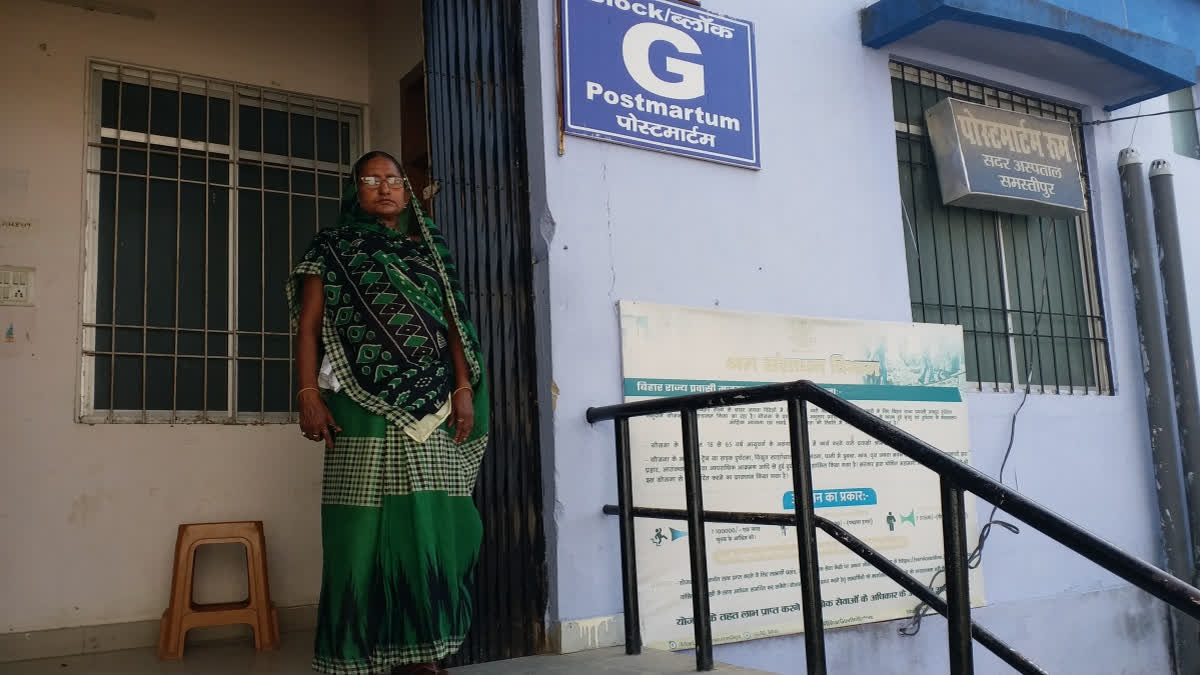Hyderabad:Manjudevi, a 48-year-old woman from Samastipur in Bihar, has been working as a post-mortem assistant for the past 23 years. Working as a post-mortem assistant for almost two decades, she conducted more than 20,000 autopsies. In fact, she is doing well in balancing her work and family life.
Many people get scared when they hear about the mortuary. But, Manjudevi has been excelling in this profession for a long time. She joined the work after her aunt and husband. She has been bravely continuing in that profession for 23 years. She has performed more than 20,000 autopsies as a post-mortem assistant for more than two decades.
She says that it is part of her profession to perform postmortems. She set an example for women by balancing work and family. Women can win every battle if they move ahead sans fear, says 48-year-old Manjudevi, who has become an example of women's empowerment.
Since when are you doing post-mortem?
I have been working as a post-mortem assistant since 2000. My job is to examine the body thoroughly as suggested by doctors.
What was your first postmortem experience?
At that time my aunt and husband used to conduct postmortems. That day they went to another place for work. So, I had to go as a postmortem assistant. I felt discomfort during the post-mortem of the first body. Everything felt strange. But, with the courage given by the doctor, I completed this task for the first time.
When does this work have a big problem?
When the body comes for postmortem, the family members of the deceased are very sad and angry. At that time, the biggest problem was to make them understand.
What is your state of mind after postmortem?
Doing this has become a habit. Now I have no problem with this work.
Your family has been in the profession of postmortem for almost four or five generations. Tell us about it?
Our family has been doing this for almost five generations. My uncle and grandmother used to conduct postmortems. After that, my uncle did this work and died of illness. I was forced into this profession when my children were young.
Have you ever been discriminated against for doing a post-mortem?
